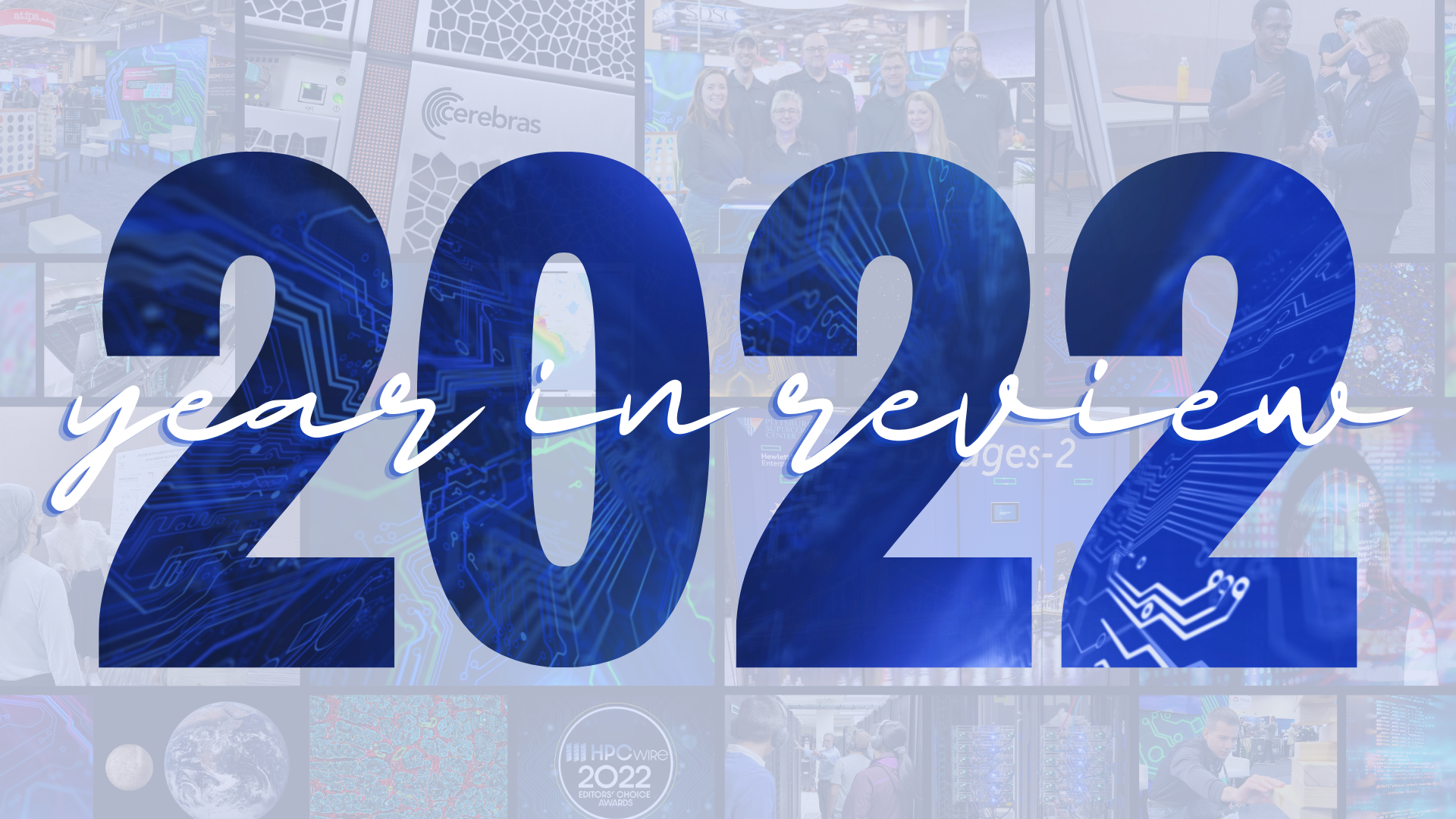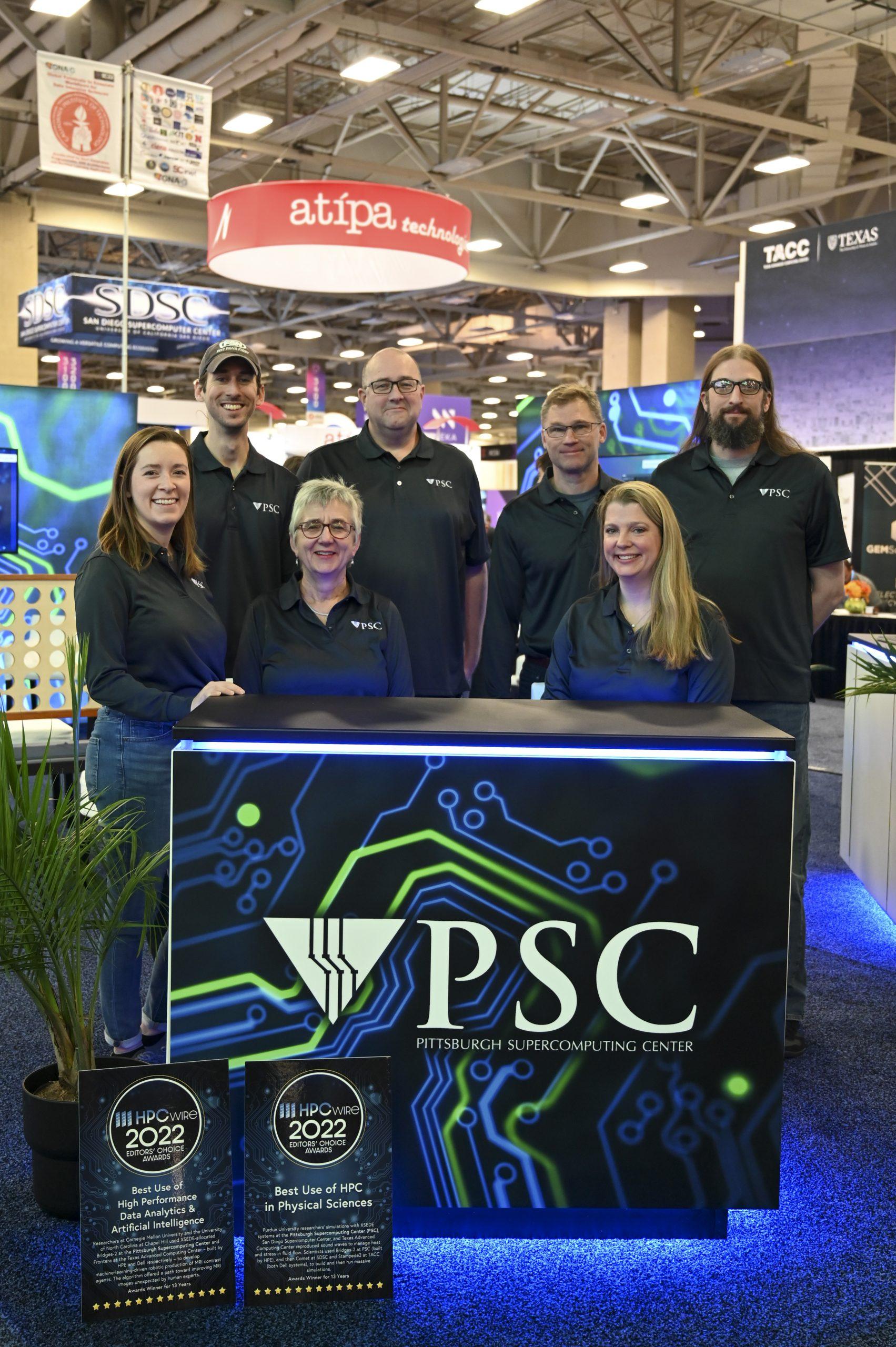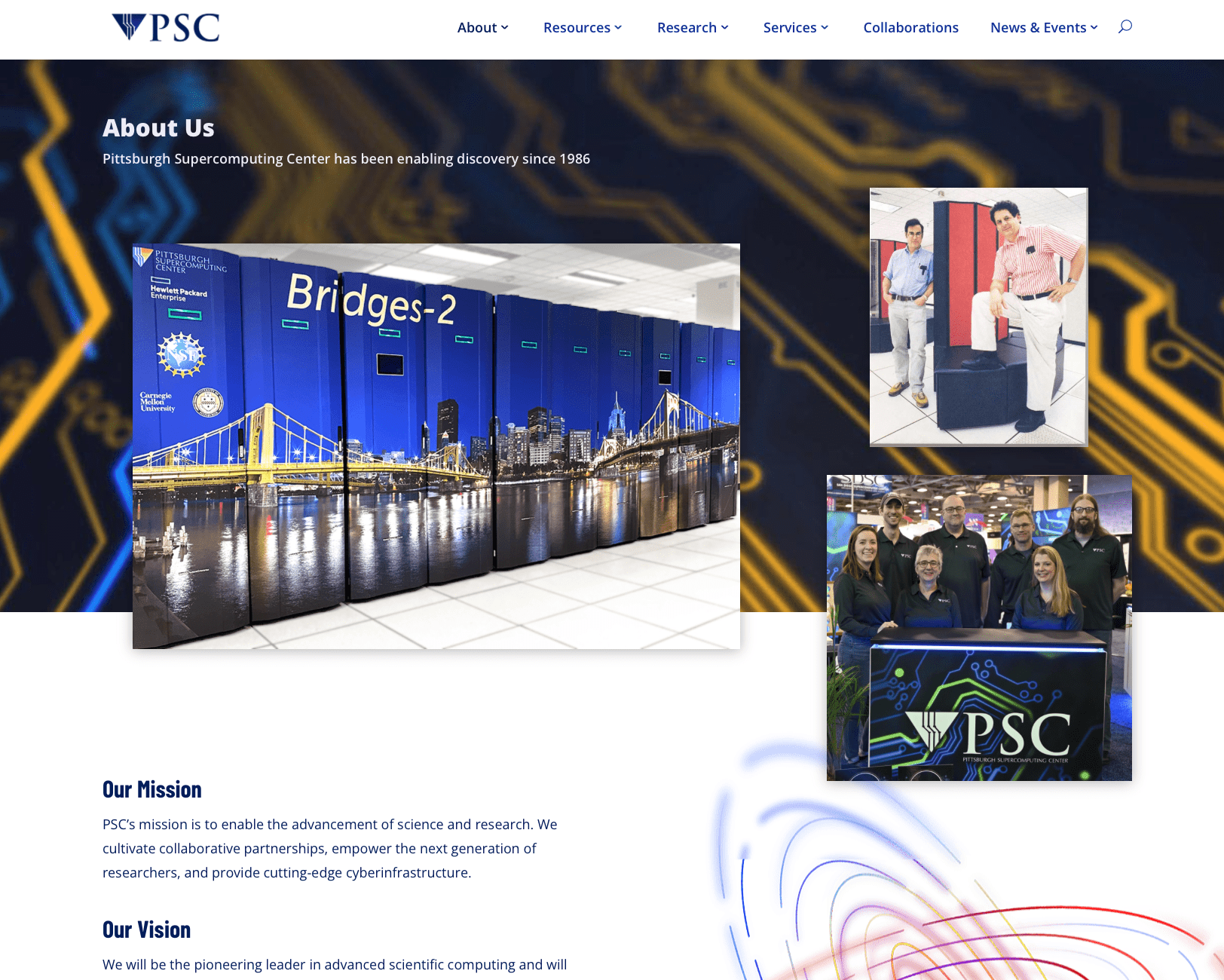
2022 was another stellar year at PSC! We won awards, worked with interns, welcomed new faces, and widened scientific knowledge. Here’s a look back at what 2022 brought to PSC.

The Coma Cluster contains more than 1,000 galaxies. Scientists have long been frustrated by large uncertainties in its mass.
Our mission is to enable the advancement of science and research. In areas ranging from understanding the origin of the Universe to understanding the benefits of fish oil, we did just that. And maybe we helped to save a few lives.
Researchers from the McWilliams Center for Cosmology at Carnegie Mellon University (CMU) used deep learning on Bridges-2 to predict the mass of the Coma Cluster. The results agree with earlier, human-labor-intensive calculations, which suggests a path for faster and more accurate assessment of the mass of other galaxy clusters.
Bird migration can be disrupted by artificial light. Researchers from the Cornell Institute of Ornithology, Colorado State University, and the University of St. Andrews in Scotland studied the populations of migratory birds and proposed steps to reduce the effect of artificial lights.
We’ve known for a while that fish oil can help to protect your heart, promote healthy blood pressure, and alleviate symptoms of rheumatoid arthritis, but no one knew how. Using Anton 2, a team from Indiana University–Purdue University Indianapolis found those oils cause changes in the structure of the cell membrane that may explain the health benefits.
Hurricane Ian was a historically deadly hurricane. But fast storm surge predictions led by scientists at the University of North Carolina, Chapel Hill, and The Water Institute of the Gulf gave accurate real-time predictions to emergency management decision makers. This aided them in evacuation and disaster-response decisions that may have saved lives.

Part of our PSC team at the newly designed PSC booth at the SC22 conference in Dallas, TX.
Hearty congratulations go out to a team led by Julian Uran, whose paper, “COSMO: a Research Data Science Platform and Experiences from the BlueTides Project”, won Best Paper at the PEARC ‘22 (Practice and Experience in Advanced Research Computing) conference. Julian, a member of our AI/Big Data team, worked with the McWilliams Center for Cosmology at CMU to develop a data-sharing portal, API tools to enable quick data access and analysis, and recommendations for scientific data sharing.
We were delighted to be able to attend SC22 in person again this year, and even more delighted to be honored with HPCWire’s Editor’s Choice awards there for Best Use of High Performance Data Analytics & Artificial Intelligence and Best Use of HPC in Physical Sciences. This marks the thirteenth year in a row that PSC has received at least one HPCWire award!
We can’t support research on love for science alone, so we are always grateful to our funders. This year, we received renewed funding for two projects, and new funding for another. The Brain Image Library (BIL) received $5.8 million in renewed funding . BIL is a collaborative effort with the University of Pittsburgh, which allows researchers to deposit, analyze, mine, share, and interact with large brain image datasets. Our role in HuBMAP, an international collaboration creating a “Google map” of the human body at the cellular level, was also rewarded with renewed funding for four additional years. And we are proud to be part of the NSF ACCESS program to manage and expand the national cyberinfrastructure ecosystem, with leadership roles in allocations, support, and cybersecurity.

Amara Sanchez was already a data scientist. She just didn’t know it.
We are committed to empowering the next generation of researchers. One initiative we support is DataJam, which introduces high school students to data science through an informal competition. DataJam began in Pittsburgh in 2013; we are proud that it grew through the pandemic to be a national program in 2022.
Another tool we use to inspire young scientists to consider careers in HPC is to grant education awards on Bridges-2, our flagship supercomputer. Two undergraduate groups making the most of their access in 2022 were at North Carolina Central University (NCCU) and Westminster College, in western Pennsylvania. At Westminster, chemistry and biology students were introduced to computational biology by performing molecular simulations; at NCCU, students simulated the behavior of carbon nanotubes under stress. Their work won first place at the U.S. Department of Energy’s Graduate and Undergraduate Research Symposium.
We also nurture the future HPC workforce by mentoring interns. Five interns joined us this summer, contributing to projects in cybersecurity, software installation and configuration management, HuBMAP, and the Brain Image Library. In addition to the research and mentoring experience, they presented their work to the CMU community at summer’s end.

Our website, psc.edu, has a new look!
We hope you’ve noticed our new outfit- er, website. Our refresh of psc.edu in October brought new color and enhanced navigation. Along with that, we updated the About page to more clearly describe us and our mission, vision, and values. Please take a look!
The most important piece of PSC — training the next generation, enabling the researchers to produce science, creating the excellence that wins awards — is the people. In 2022, 12 new staff members joined us, in groups across the Center. So welcome to Colleen, Mei-Yu, Mariah, Martin, Chris, Diane, Marissa, Brendan, David, Jackie, Gesina, and Hawa! We are glad you are here and already making a difference at PSC.
With that, we wave a fond farewell to 2022 and look forward to what 2023 will bring. Please join us in our goal to make the world a better place through scientific discovery. To 2023, and to the best for you and yours!
